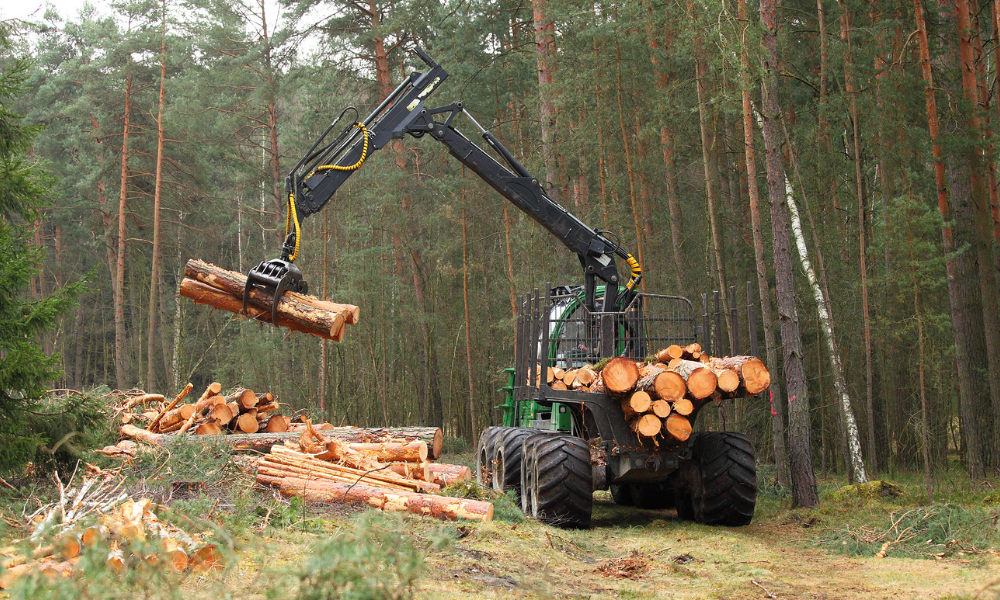
Allowing the occupation to continue could lead to further damage and loss: court

The High Court granted an interim injunction in favour of Tūhoe, the legal owners of Matahi Forest, in response to claims of unauthorised occupation and forestry operations.
Tūhoe, represented by Tamati Kruger as trustee of Tūhoe–Te Uru Taumatua Trust (TUT) and Tūhoe Trust Custodian Trustee Company Ltd, filed a claim asserting ownership of Matahi Forest, a 2,100-hectare area used for forestry harvesting. The plaintiffs alleged that individuals, including members of Ngāi Tama Tuhirae and Ōmuriwaka Marae, have been occupying and conducting forestry operations on the land without authorisation.
The defendants named in the proceeding include Ritchie Contracting Ltd and its director, Alan Ritchie, who allegedly entered the forest, felled trees, and removed logs. Tūhoe informed Mr. Ritchie of their ownership rights, but he asserted that his activities were authorised by hapū members and continued operations. Despite formal trespass notices and requests to cease activity, Tūhoe claims the occupation and forestry work persisted.
The court found that there is a serious question to be tried regarding trespass and conversion. The court acknowledged that while the defendants might assert tikanga-based rights, Tūhoe holds a registered estate in fee simple over the land, which legally affirms their ownership and exclusive rights to manage the forest.
Tūhoe presented concerns that unauthorised forestry activities posed risks to health and safety, breached regulatory requirements, and could result in financial losses. The court agreed that the balance of convenience favoured Tūhoe, as allowing the occupation to continue could lead to further damage and loss.
As a result, the court granted an interlocutory injunction, ordering the defendants to cease occupation and forestry activities and to remove personnel and equipment from the land within three days. Additionally, an order for substituted service was granted to notify unidentified occupiers through emails, public postings, and online publication.
Despite the injunction, opposition documents were filed after the hearing, asserting that hapū members have a kaitiaki duty to manage the land and that municipal law should not override Māori customary rights. The High Court has scheduled a hearing to allow the defendants an opportunity to present their case.